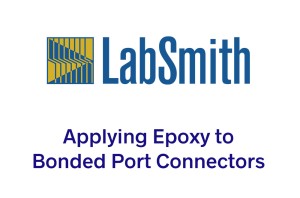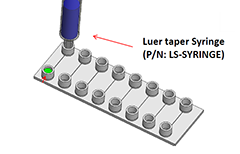
Microfluidic ChipShop Fluidic Interface Options
LabSmith application note
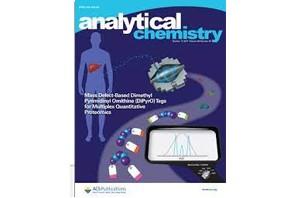
Dependence of Nonlinear Electrophoresis on Particle Size and Electrical Charge
Olivia D. Ernst et al
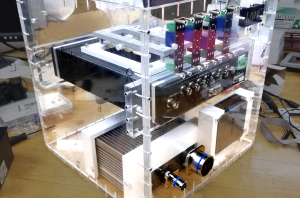
Studying Microparticles on the ISS
LabSmith news

Separation of Cells and Microparticles
Alaleh Vaghef-Koodehi et al
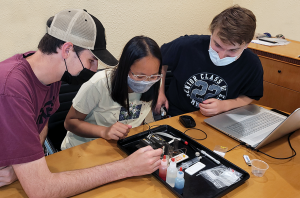
Step-by-Step Microfluidics Education
LabSmith application note
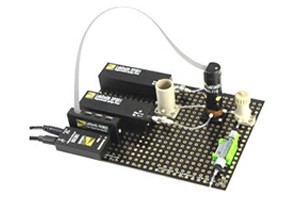
Sensirion Flow Sensor Control with uProcess
LabSmith application note
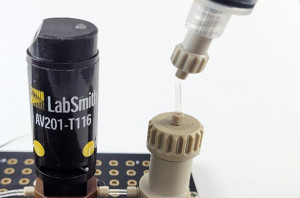
Degassing a Microfluidic System
LabSmith application note
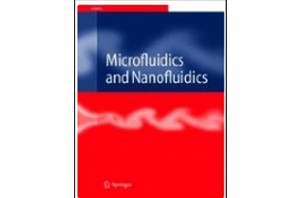
Particle-based Molecular Separation
Yi-Ying Wang et al

LSPR Sensor for Inflammatory Biomarker Detection
Jhih-Siang Chen et al
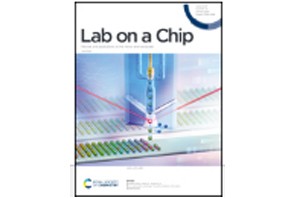
Microfluidics for Non-experts in Clinical Settings
Sally A. N. Gowers et al
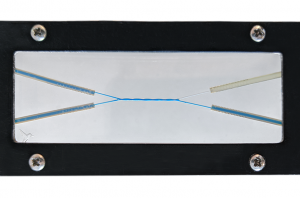
Zero Dead-Volume Mixing
LabSmith application note
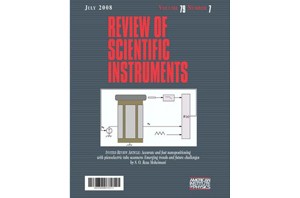
Analytical Electrolyzer for Characterization of Flow Plates
Danika G. Wheeler et al
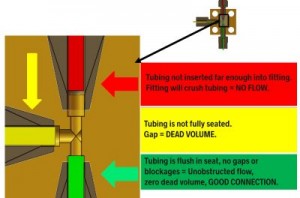
Leak-Free, Zero Dead-Volume Connections
LabSmith application note

Microfluidic Molecular Separation for Purine Derivatives Analysis
Yi‑Ying Wan et al
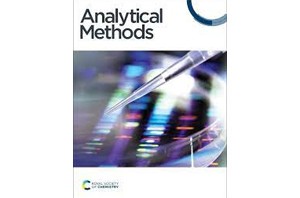
Microchip-Capillary Electrophoresis Device
Matthew T. Gordon et al
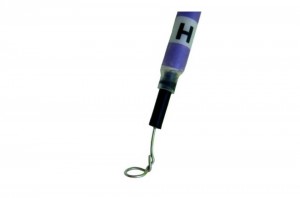
Applying Voltage to a Channel in a Microfluidic Chip
LabSmith application note
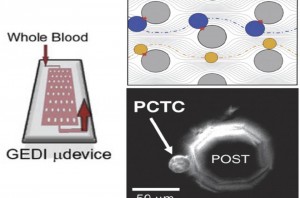
Circulating Tumor Cell Immuncapture Automation
Julia Wang et al
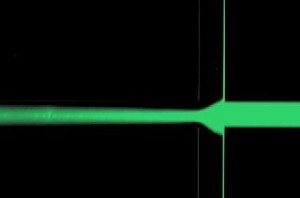
Pinched Microfluidic Injection
Yolanda Fintschenko et al

Isolation of Prostate Tumor Initiating Cells
Alireza Salmanzadeh et al

Autonomous Microfluidic System for Detecting Airborne Biothreats
Jeanne C. Stachowiak et al

